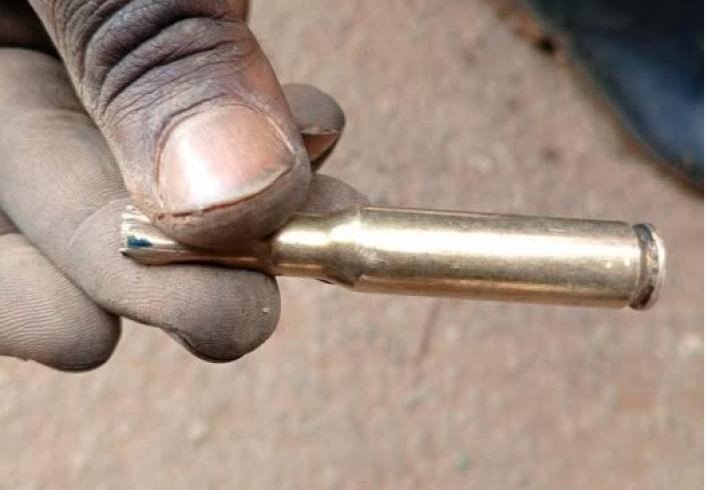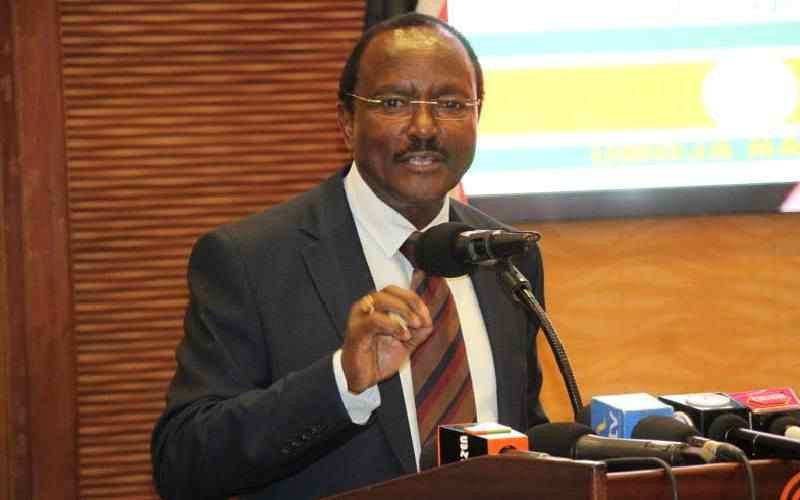Race for Maa vote heats up ahead of 2027 polls
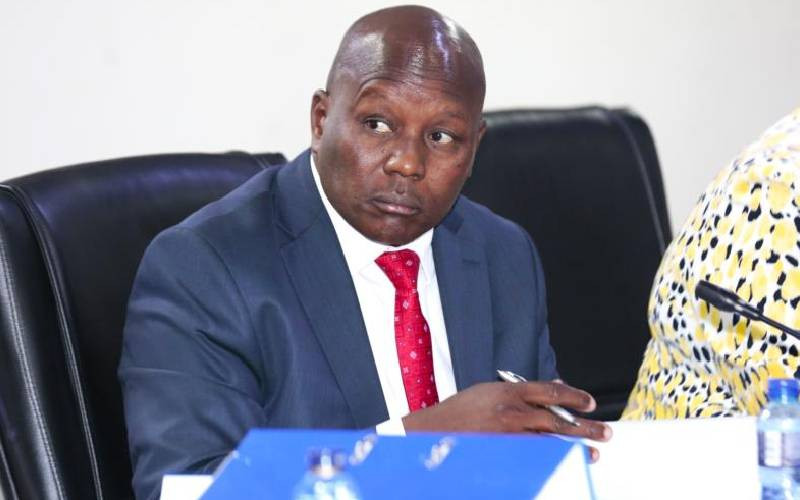
With the 2027 General Election on the horizon, the battle for the 1.4 million Maa vote has begun in earnest.
Without a unifying political figure since the death of veteran politician William Ole Ntimama — the de facto Maasai community kingpin in 2016 — and that of former Cabinet Minister Joseph Nkaissery in 2017, the scramble for one of Kenya’s most influential voting blocs has taken centre stage.
A rising opposition wave comprising impeached Deputy President Rigathi Gachagua, former Vice President Kalonzo Musyoka, and new political entrant Fred Matiang’i is going up against a firmly rooted pro-government faction.
In a politically charged fortnight, Gachagua reignited his ambitions by hosting a high-level Maa leaders’ delegation at his Wamunyoro residence, followed by a rally in Narok Town.
Flanked by Kajiado Senator Seki Lenku, Kajiado North MP Onesmus Nkokoyo, and Narok North parliamentary aspirant Martine Ole Kamwaro, Gachagua declared the Maa region the cradle of the movement.
Lenku was appointed national chairman of the DCP, while Kamwaro was named deputy secretary-general.
“We were blocked in the city, but we’ve come home to launch our movement where we are truly welcomed,” Gachagua told the crowd. “This party belongs to the Maa nation too.”
But as Gachagua courts support in Maasailand, strong counter-voices from within the region’s top leadership have emerged in staunch defence of President William Ruto and the Kenya Kwanza administration.
Kajiado Governor Joseph Ole Lenku, once known for opposition politics but now firmly aligned with the ruling coalition, dismissed DCP as a “divisive experiment” with no real grassroots support.
“The people of Kajiado are not interested in political theatrics. They want roads, water, jobs and that’s what President Ruto is delivering,” said Lenku.
“As governors from Maa counties, we are working hand in hand with the national government to bring services to our people.”
Narok Governor Patrick Ole Ntutu, a key Ruto ally, accused Gachagua of exploiting historical grievances for political gain.
“We recognise the issues around land and marginalisation. But let’s not pretend that they started yesterday,” Ntutu said.
“President Ruto has committed resources to settle long-standing land disputes in Mau and elsewhere — and we’re seeing progress, not just talk.”
Echoing these sentiments, Samburu Governor Jonathan Leleliit said the Maasai must resist being used in political schemes that undermine development. “In Samburu, we have seen direct investment in infrastructure, schools, and climate resilience projects,” Leleliit stated.
“.The President has listened to us and we are with him.”
Despite the pushback, Gachagua’s rally at Rungu ya Moi Grounds in Narok Town drew thousands.
Accompanied by opposition leaders Kalonzo Musyoka, Martha Karua, Eugene Wamalwa, and Justine Muturi, he accused Ruto’s administration of land grabs, extrajudicial killings, abductions, and economic mismanagement.
Gachagua specifically cited the controversial 4,700-acre Olkiombo parcel, claiming parts of it had been “secretly allocated to State House interests.”
“We demand transparency. How many acres were titled in the Mau forest? Who benefited? We have credible evidence that this land has been carved out for the President,” he said.
But not all Maasai leaders are swayed by Gachagua’s charm offensive.
“We have a few perennial losers who paid a courtesy call to an impeached individual named Riggy G,” he posted on X. The Maasai vote is intact. We will back Ruto and Raila,” Narok Senator Ledama Olekina.
You may also like...
POLITICS:SHOULD POLITICIANS EARN THE MINIMUM WAGE?
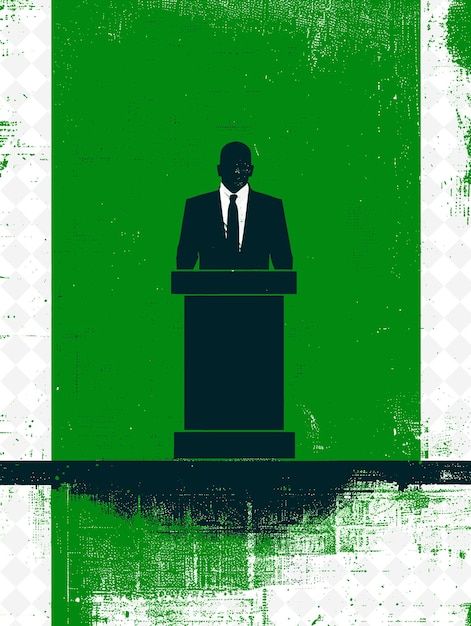
What if your president earned the same as a teacher? This bold essay explores the growing divide between political elite...
Erased or Ignored? The Forgotten Female Heroes of African History”
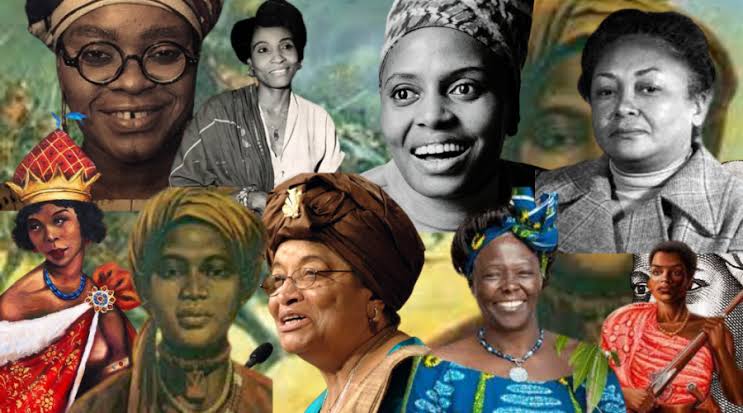
Discover the untold stories of Africa’s forgotten female heroes—from warrior queens and resistance leaders to spiritual ...
Africa's Growth Paradox: Why Booming Economies Aren't Delivering Jobs for Its Youth Majority

Africa's GDP is rising, but youth unemployment persists. Uncover the disconnect between economic growth and job creation...
Emotional Blackmail in African Homes: Love, Guilt, and Obedience
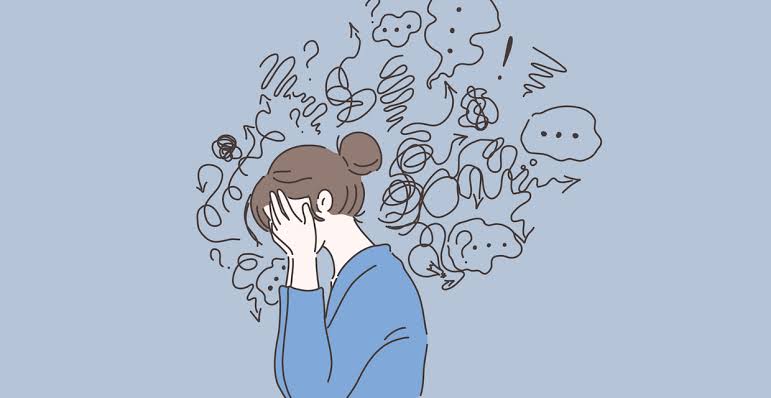
Explore how emotional blackmail shapes relationships in African homes—where love is often tangled with guilt, obedience,...
SOCIAL INSIGHT: IS MARRIAGE STILL RELEVANT IN THE 21ST CENTURY?

Once seen as the ultimate milestone of adulthood, marriage is now being questioned, redefined, and reimagined. This essa...
Urban African Youth and the Rebirth of Cultural Identity
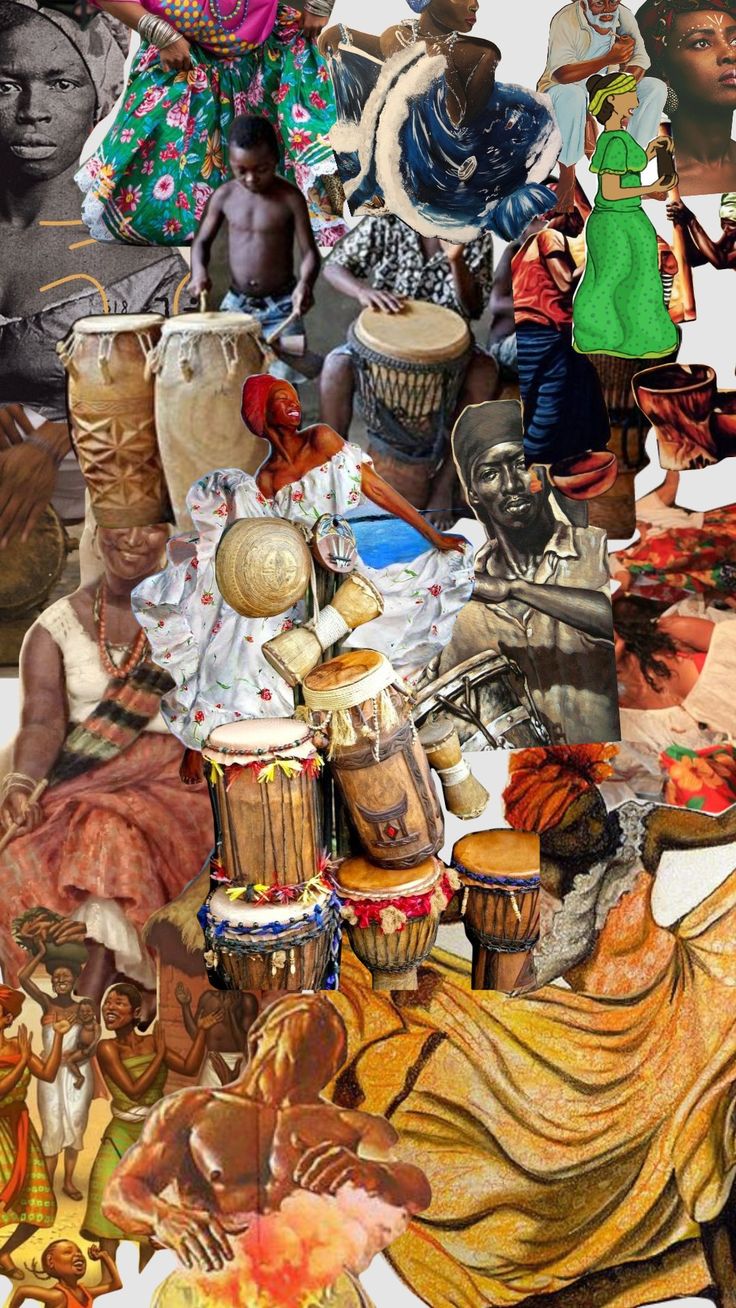
Urban African youth are redefining cultural identity through music, fashion, technology, and activism. From Kenya to Sou...
What Happens to African Girls Who Say No?
(3).jpeg)
Explore the struggles and resilience of African girls who dare to say no to forced marriage, gender-based violence, and ...
The African Dream Is Still to Leave Africa
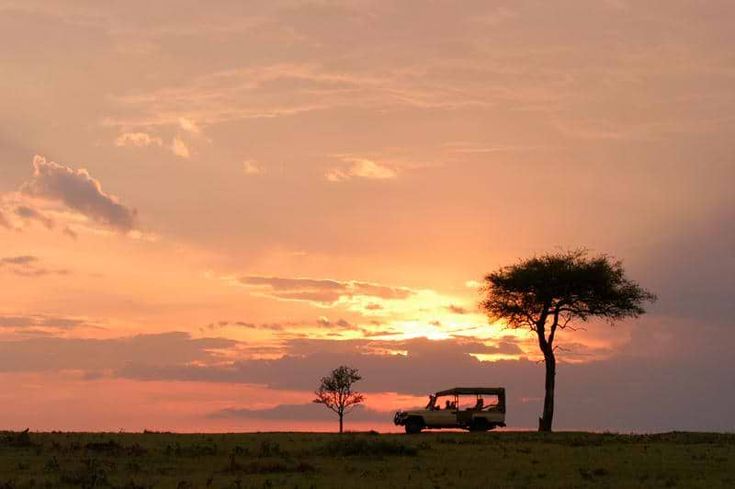
For many young Africans, the dream isn’t to build Africa — it’s to leave it. This piece explores why the African Dream o...
